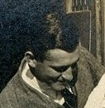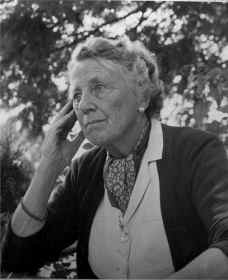View entry
Name: POCOCK, William Agard (Dr)


Birth Date: 15 Sep 1889 Cape Colony
Death Date: 6 Mar 1954 Johannesburg
First Date: 1914
Profession: Medical practitioner
Married: In Lewes, Sussex 1916 Margaret Amelia Eleanor Dashwood b. 1 Apr 1886 Greenwich, d. 10 July 1978 Plumstead, Cape Town, S. Africa
Children: Elizabeth Clive Agard (Colsen and Strauss) (12 Oct 1917 Lewes-1996)
Book Reference: Gazette
School: Cheltenham, Pembroke Coll Cambridge
General Information:
Gazette - 1/1/1914 - Registered Medical Practitioner - William Agard Pocock, MRCS Eng., LRCP Lond., MB, BC U. Camb.
Web - Mr. W. H. D TRUBSHAW, F.R.C.S. writes: It is with deep regret that we record the death of William Agard Pocock in his 66th year. William Pocock was born in Cape Town and educated at Cheltenham and Pembroke College, Cambridge. He qualified at St. Bartholomew's and became a Fellow in 1917.
In 1914 he joined the Navy and served in H.M.S. Thunderer. He was then seconded to the R.N.A.F. at Cranwell and went on to the R.A.F. Hospital at Finchley. In 920her returned to South Africa and in 1928 became an honorary surgeon to the Johannesburg General Hospital, of which from 1943 onward he was one of the senior surgeons. At the time of his death he was a ember of the Rand Club and Chairman of the Johannesburg Country Club. Mr Pocock was a general surgeon in the widest sense of the term. He believed that all specialties had their roots in general surgery and was a firm advocate of a good basic training before branching out into specialties. As a teach he stressed the common and basic facts of surgery and will be remembered by his many students, now scattered throughout the country, with gratitude. He retained his interest in orthopedic surgery, particularly in traumatic work, and was one of the first men in the country to master the closed technique of introducing Smith-Peterson pins. During the last war Mr. Pocock introduced early post-operative rising in his ward to combat shortage of man-power and as this was only adopted generally by surgeons after the war, it seems that he was a pioneer in this form of treatment.
